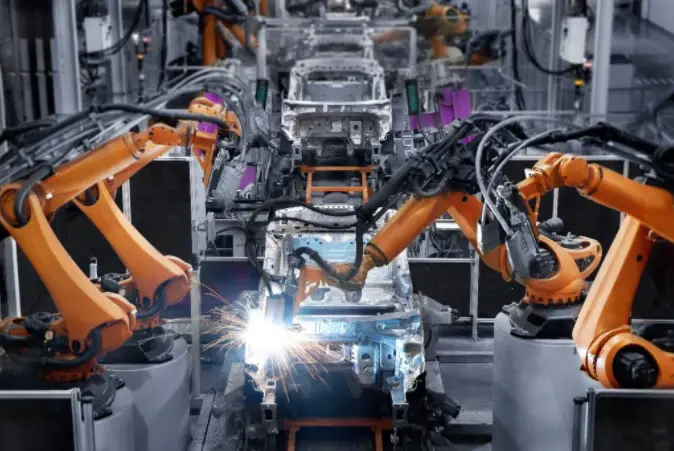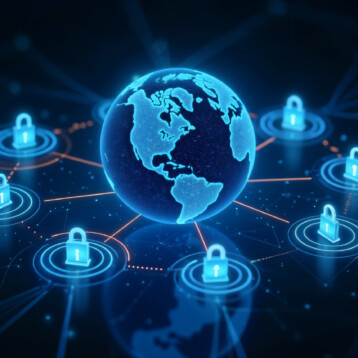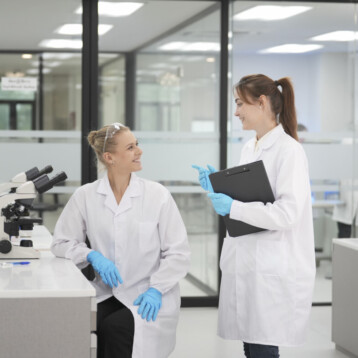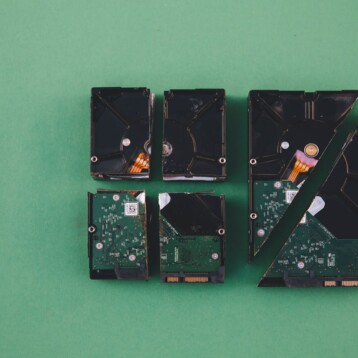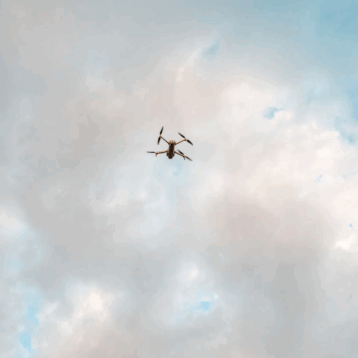Technology is advancing at an alarming rate
In 2007, we hit a major turning point in our technological history. When the iPhone, an innovative piece of glass, plastic and metal launched, it changed the face of personal technology forever. Although it certainly wasn’t the first smartphone, nor the first touchscreen, internet enabled device, it brought true high-speed internet and a highly user-focused operating system to the table. Fast forward to 2017, and it’s easy to see that smartphones on the market are replicating the success of Apple in some way or another, and the race is on to develop better, more advanced technology across every area of our lives.
This 21st century over-reliance on technology is only getting worse as it becomes more embedded in our lives. From digital record keeping to the storage of important documents, research and photographs, paper and traditional storage methods are disappearing at a rapid rate.
Autonomous cars
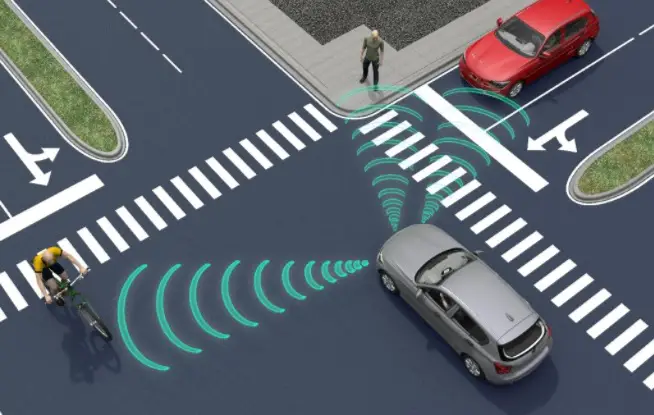
There is a huge demand for autonomous cars
Alongside everyday enhancements, we’re now getting to the stage where automation and robotics are becoming more than the imaginings of sci-fi writers or a distraction for computer specialists. We’re no longer waiting for autonomous cars – the US has already seen cars that drive unaided on public roads introduced. Although you’ll need to keep your hands on the wheel at all times and be ready to intervene, the car uses a computer to make split second decisions and analyse something as complex as a busy road.
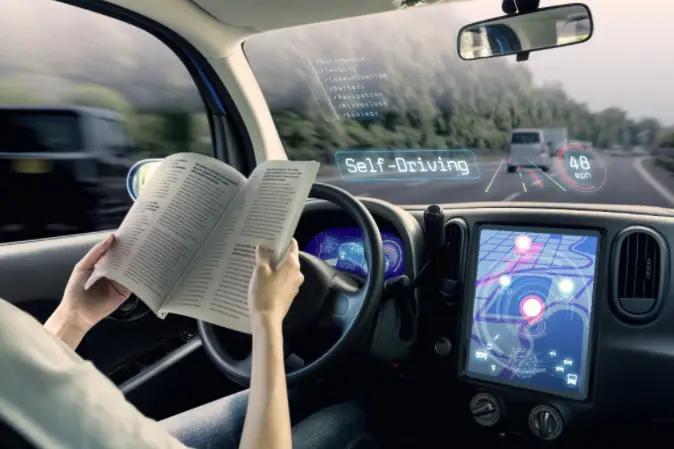
An autonomous car
As with any new technology, there are teething problems and of course opposition. But with governments in the UK and beyond now committing to official dialogue around the legalisation of autonomous cars on roads, we’re edging closer to motorways packed with efficient, safe automated vehicles. Autonomous systems have already been tested on British roads (with someone behind the wheel of course), and the main interest now lies in ‘road trains’ – rows of lorries that connect to each other and break, accelerate and turn in unison, taking up less road space and becoming much safer with the lack of multiple independent systems.
Naturally, this is causing problems for humans. There are millions of professional drivers around the world who have every right to be concerned about autonomous cars. Taxi drivers, Truck drivers and train drivers are just some of the professions that are under threat. They will instantly be out of a job as soon as this technology becomes advanced enough; understandably, they aren’t overjoyed with the idea of redundancy.
Making humans redundant

Weavers used to operate a Spinning Jenny over 200 years ago
It isn’t the first time that humans have been replaced by machines. From the Spinning Jenny that was putting weavers out of a job over 200 years ago to the invention of the production line robot in the 1950s, robots that are designed to make life easier are steadily reducing the number of traditional jobs available. We’re at a watershed moment that could see more automation on a daily basis. The BBC has estimated that 35% of current UK jobs could be taken over by a robot within a few decades, with everyone from accountants and payroll staff to bar workers and croupiers susceptible to replacement, a robot dealing the chips would certainly make the future of online casinos interesting. So, it appears as though a lot of industries are facing an uncertain future. In a recent Guardian survey, more than 70% of us feared that our jobs would be done by a robot sooner or later.
This is where we start wading into the world of science fiction. Although we already have autonomous trains, plane autopilots and lots of assists including GPS tracking and remote guidance, we still need a human behind the scenes to switch the power on and configure these bits of tech in the first place, as well as fix it if something goes wrong. The next big step is to make AI smart enough to do this for us. But, as we all know from the works of Isaac Asimov, Michael Crichton and Phillip K. Dick, robots with autonomous intelligence may not always treat their creators with benevolence.
The potentially scary future
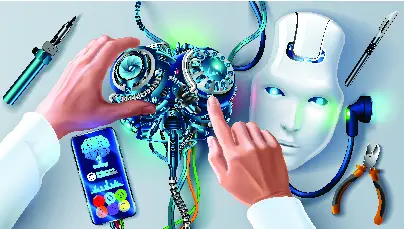
Who knows what we are capable of producing
These stories might be far-fetched, but we are genuinely at risk when it comes to AI. Facebook already had a good laugh with some chat-bot style AI earlier this year, but the idea of robots that can think autonomously could be problematic. You might have heard of ‘grey goo’, a hypothetical apocalyptic situation in which nanorobots (smaller than a cell with the ability to replicate) could get out of control, engulfing the world’s resources to continue self-replication.
But it’s not like we aren’t already hooked on AI anyway. If you’ve ever ‘died’, failed a mission or lost a challenge playing a single-player computer game, then you’ve just been outsmarted by a robot. AI is becoming faster than us, quicker at making the right decision, and predictive of what we want next. When Deep Blue beat world chess champion Garry Kasparov in 1997, it signified that artificial intelligence was catching up with human intelligence.
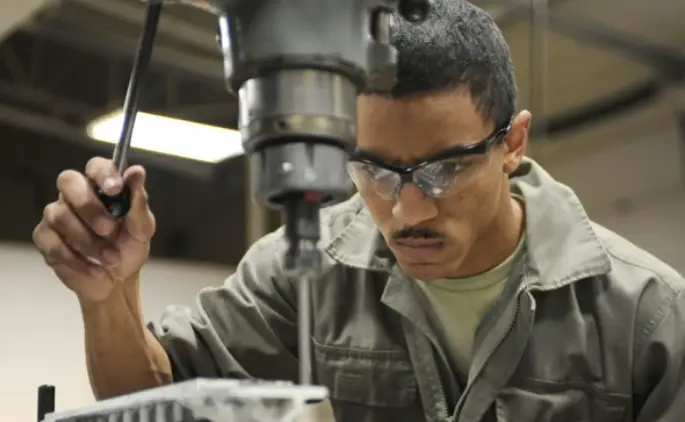
What next?
Many jobs could be under threat from robots
So what happens when your job at the coffee shop is taken over by a robot who makes a better frappé than you? Well, it may not be as bad as you think. If productivity, output and GDP all increase thanks to cheap, legal labour, then we could enjoy higher unemployment benefits, better education opportunities and less working hours. Our roads would become safer, with less human error to create accidents, and our food, drinks, clothing and the other products we buy would become flaw free, standardised even further by fully robotic manufacturing.
Then again, we live in a capitalist society, so the prices would probably stay the same, despite huge reductions to production costs and wages bills. And what will we do if we suddenly don’t need to work? Sit at home all day watching TV, playing games and generally enjoying ourselves? Or will we be reduced to a darker and emptier future?
Professor Stephen Hawking said during a Reddit AMA that “If machines produce everything we need, the outcome will depend on how things are distributed. Everyone can enjoy a life of luxurious leisure if the machine-produced wealth is shared, or most people can end up miserably poor if the machine-owners successfully lobby against wealth distribution. So far, the trend seems to be toward the second option, with technology driving ever-increasing inequality.”
He implied that the spread of robotics may give us the opportunity to focus on other pursuits, whether that be academic, sporting or gaming – a chance to further the intelligence and collective knowledge of the human race perhaps. But this is the best case scenario. As Professor Hawking stated, the real question is how we would distribute wealth. If it was distributed fairly, everyone would have a roof over their head, food on the table and the electricity on.
In our current times, this seems like a distant dream. The wealthy have historically not been receptive to the redistribution of wealth, which will leave people who do not have the technical skills to build or maintain robots, and who are not the owners of major corporations, in a desperate position. Being unable to earn a living in manual, service or data-focused jobs would put most of us out of work. Revolutions, rebellions and wars have been fought over less. But will this matter if we are at the mercy of a super intelligent, self-replicating generation of AI? It might sound like the start of a sci-fi thriller, but these are the questions being discussed by philosophers and tech moguls alike. Two different types of future are laid out before us, and it’s up to humans to decide which we’re destined for.
To conclude
The thing with robots and automation is that it’s a polarising topic. We’ve never really been in this situation before, and some of us are wary of how robots will affect us, whereas others cannot wait to be served by android waiters. If you’re still on the fence or sceptical about the future of robotics, then we urge you to think about the ‘no body bags’ scenario. Instead of deploying people to fight terrorism or injustice, soulless, remote controlled robots or remote-controlled vehicles can seek out and neutralise targets, with the only loss being some metal and circuitry if the enemy manages to fight back. Drones are this vision in embryonic form – and still far more deadly than those envisioned in this ideal scenario.
But for now, robots are only as morally good or bad as the people who develop and programme them – just look at Asimo, filling the world full of hope with his cute emotions, human-like movements and happy little face. That is, until someone gives him a re-programming and a handgun…

